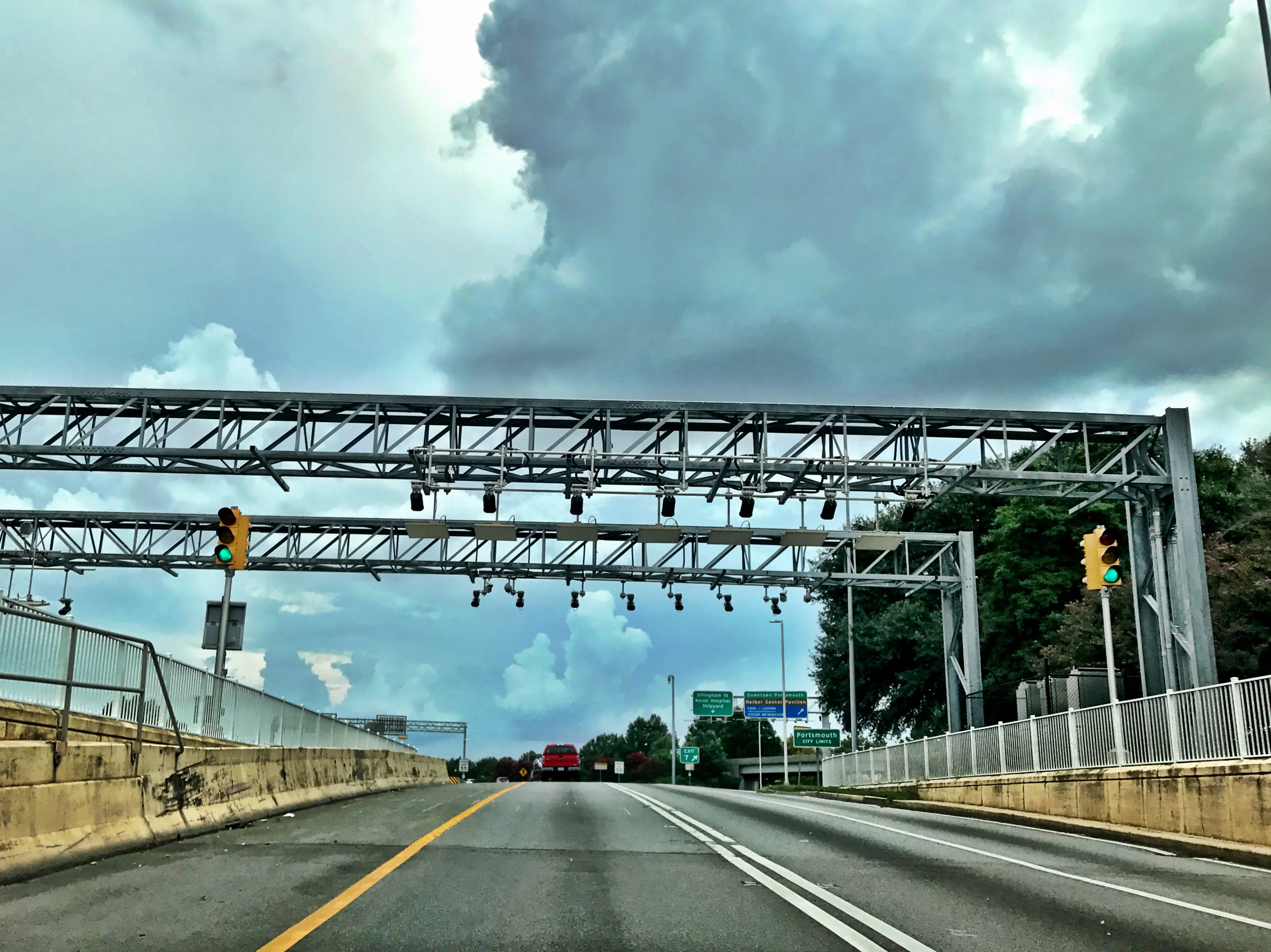
Emovis is to upgrade toll collection systems at the Elizabeth River Tunnels Project in the South Hampton Roads region of Virginia, US.
It is working with Elizabeth River Crossings (ERC), the limited liability company that finances, delivers, operates and maintains the crossing.
The 15-month project will see four open road tolling zones deployed at two bi-directional tunnel ramps, and Emovis will use what it calls its "most advanced roadside solution" which incorporates Internet of Things (IoT) devices from several providers.
Charlie Mitchell, Emovis director of intelligent transportation solution projects, explains: “The tolling host will be deployed on virtual machines on the Amazon Web Services Elastic Cloud, providing high-availability and good operating costs. Emovis will ensure best practices for data security.”
The companies will agree completion when all requirements-based tests are passed, and the 90-day final acceptance test concludes.
Emovis insists the new solution and improved vehicle detection and identification systems will allow ERC to simplify and reduce the footprint of the original toll gantries, while maximising toll compliance.
“As infrastructure operators we are very excited to rely on partners that will provide the most advanced technology solutions to continue delivering the best service to our customers,” says Anna Bonet, CEO of ERC.
In July 2022, Emovis and the Virginia Department of Motor Vehicles launched a mileage-based user fee programme in the state called Mileage Choice, which registered 10,000 cars in the first six months.
"The transportation system requires solutions that are safe, comfortable, fast and convenient," said Christian Barrientos, CEO of Emovis.
"It is inspiring to collaborate with clients like ERC that are committed to investing in technology and smart engineering to ensure a smooth experience for their customers."








